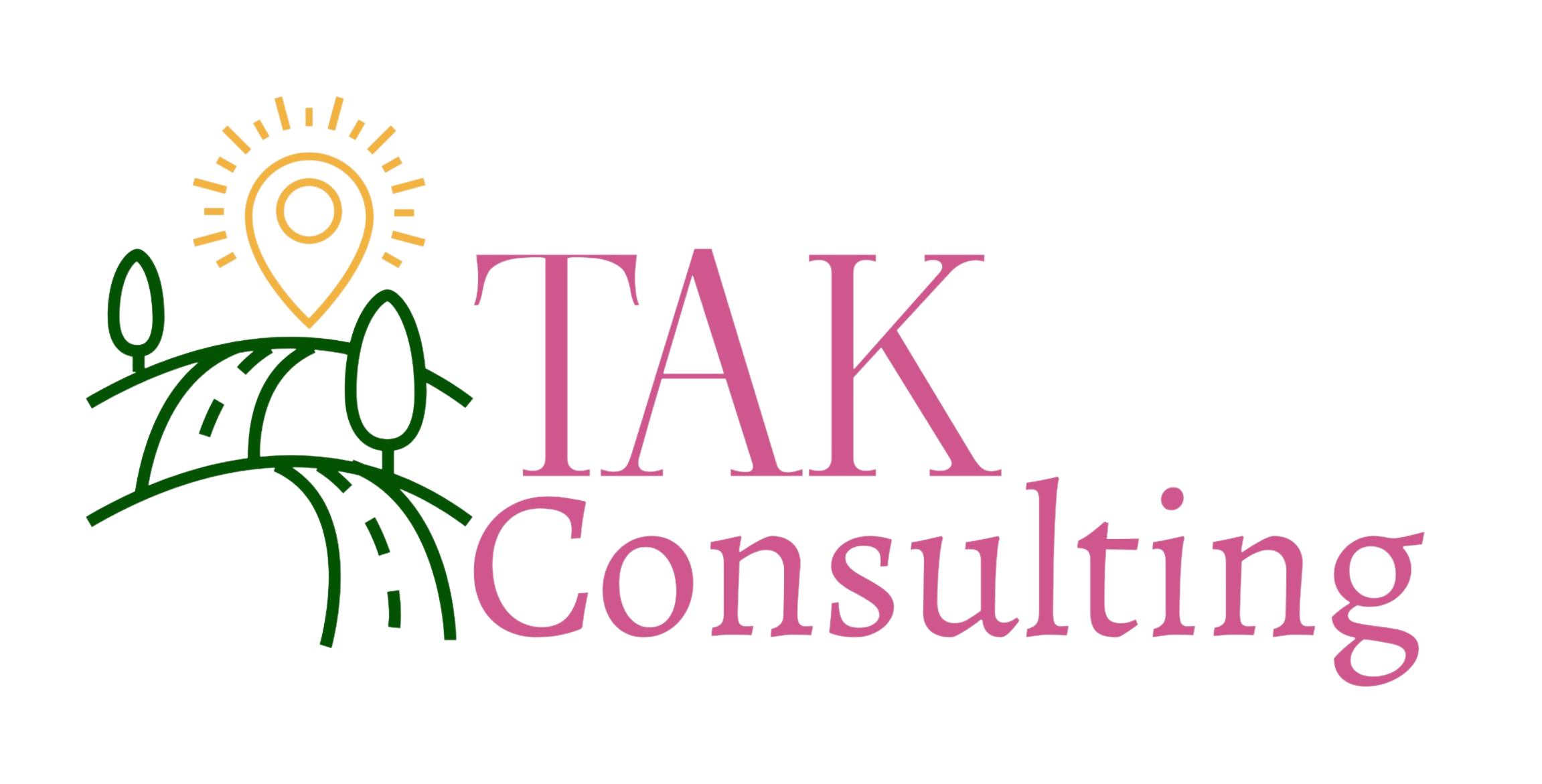Accountants, CPAs, and bookkeepers- We’re sure that you hear these words all the time. In the world of accounting, these titles are often bounced around and sometimes interchangeably. Even though they all do many of the same tasks, they are different and it’s important to know their differences.
Accountants, CPAs, and Bookkeepers – What’s the difference?
Let’s start with bookkeepers. Bookkeepers are usually the basis for accounting in business. There is no formal training required to become a bookkeeper and they typically work under accountants. Bookkeepers handle the daily financial transactions and usually other tasks like: payroll, loan payments, creating invoices, and billing. They also create financial reports that an accountant can then review with a client. So onto accountants, accountants can do everything a bookkeeper does but they also have other responsibilities. Primarily, they are there to help with long-term financial planning and any other financial consulting advice. This means that atop of overseeing bookkeeping tasks, they can: create and review budgets, correct any accounting discrepancies, calculate tax liabilities, and give tax advice. Finally, we have CPAs. CPAs are also known as certified public accountants. They can do any tasks that a bookkeeper or accountant can do but CPAs are the only ones who work with the IRS which means they are the only ones that can file yearly taxes for you. Not all accountants are CPAs but all CPAs are accountants. This is because in order to become a CPA, one must have a bachelor’s degree in accounting, a certain amount of hours under a CPA (hours dependent on the state), and pass the CPA exam.
It may be time to consider hiring a professional if your taxes are too complex, accounting is taking up too much of your time, or if the business is growing up. When it comes to choosing the right professional for you, most people go with an accountant. This is because accountants are usually more cost-effective than a CPA and more often than not, they already work with a bookkeeper. Although this does mean you still have to have someone file your end of the year taxes (or you can do it yourself), it can make it a lot easier when you have an accountant who is taking care of your books all year.
The benefits of Accountants
Many of us love to save money any way we can by doing things ourselves. If your business is small enough, this may not be a problem when it comes to accounting for you. In general though, it is always a good idea to have an accountant for your company. For starters, having an accountant can actually save you money because they can let you know where money is being overspent and what software/programs could save you when doing payroll, inventory, and more. Not having immense knowledge in accounting could also cost you more when it comes to taxes. Common reasons people lose more money in taxes is because they file late, miscalculate their tax bill, or lose out on tax breaks by not claiming them. Next, one of the biggest upsides to having an accountant is that they save you time. If you make any mistakes, it could take hours to fix that could be avoided or handled by an accountant. Also, when you have more time, you can focus on generating more sales or simply putting more time into needed areas of your business. Furthermore, many people use their free time at home to crunch numbers and do all their accounting. This free time could now be used to focus on their families even more or their personal life in general. After this, having a long-term accountant comes with its own set of advantages. If your accountant has been in the industry for a long time, they usually have a vast network of different business professionals. This means that the accountant may have more knowledge on your profession and if they don’t, they can reach out to a specialist in their network and get the help they need to help you. Finally, as the accountant learns more about your books, they become a specialist for your business. They will start to see trends, places to improve, and what could be damaging if continued. They grow with your business and will be able to better predict how new products (or other big business changes) will affect your business.
In Summary
No matter what accounting professional you choose, spend time picking the right one as they save you time, money, and peace of mind!


